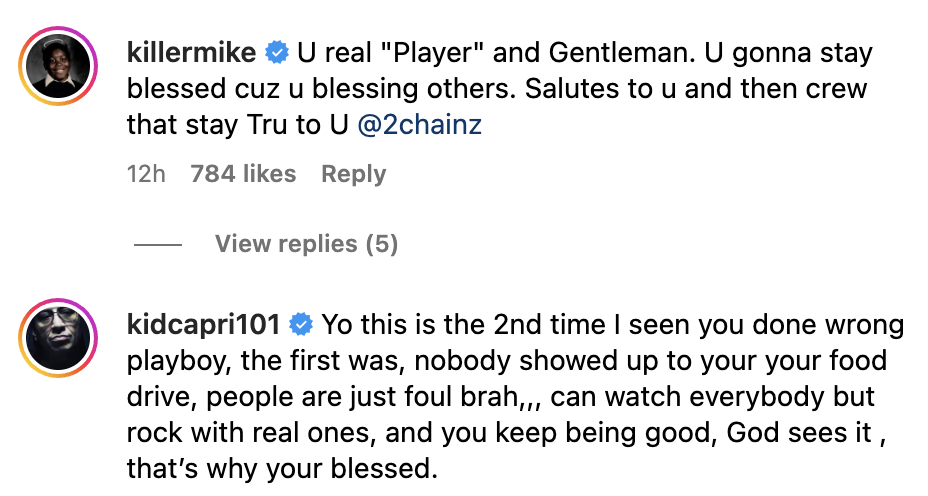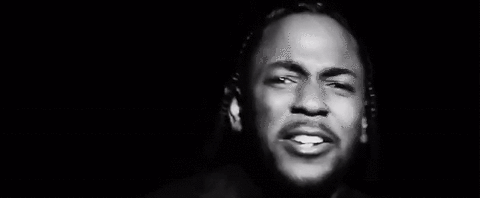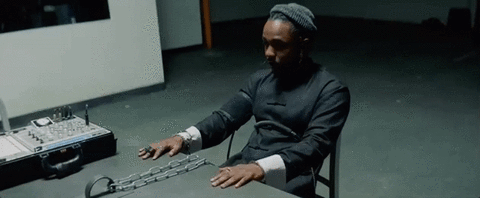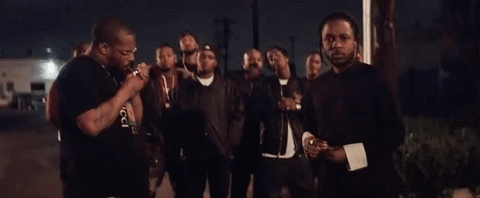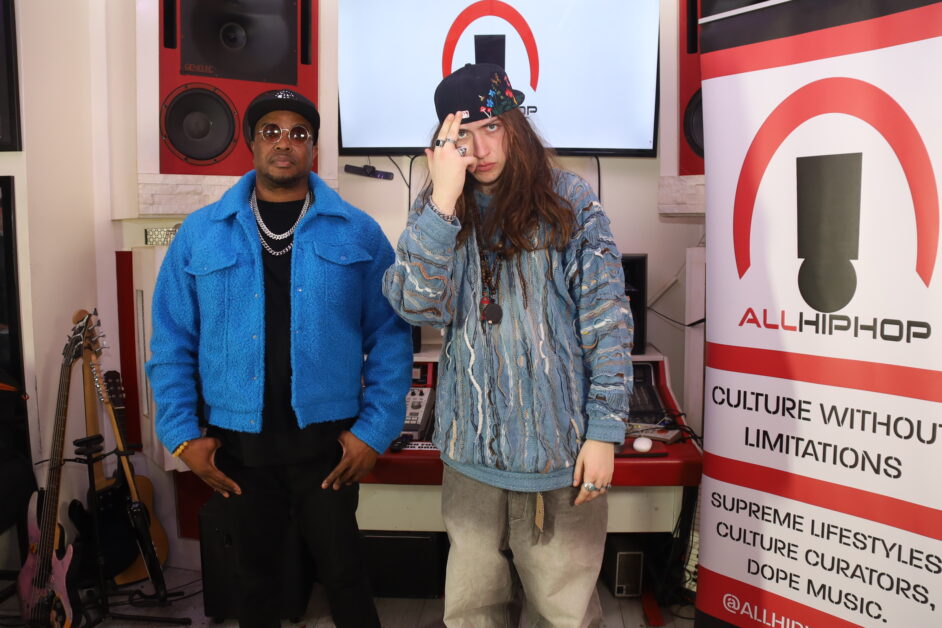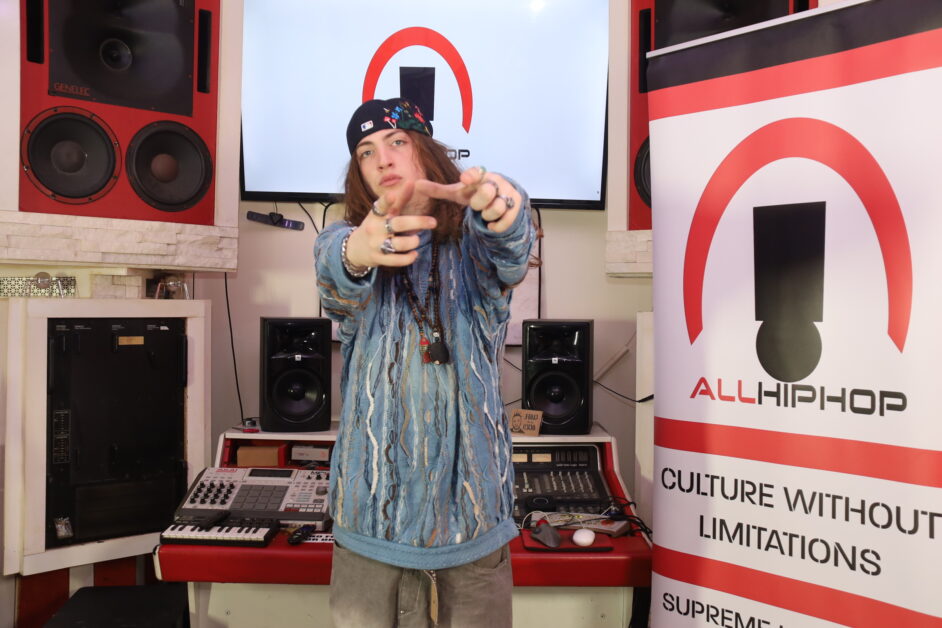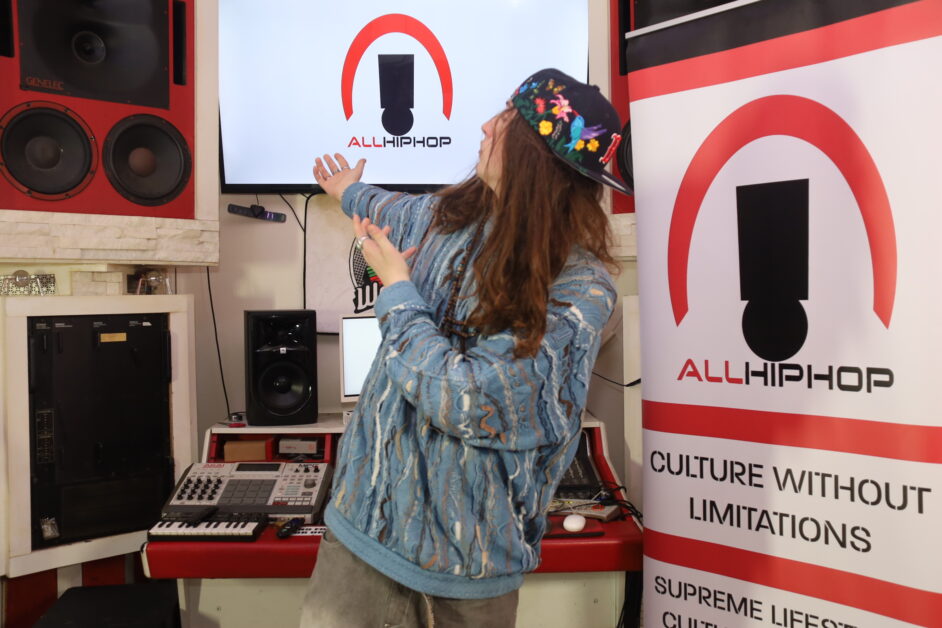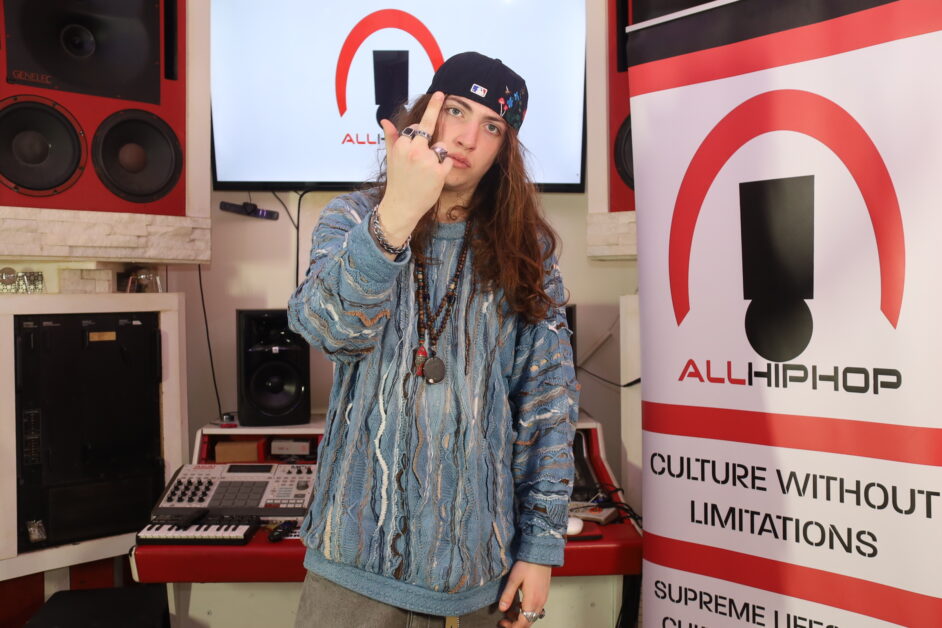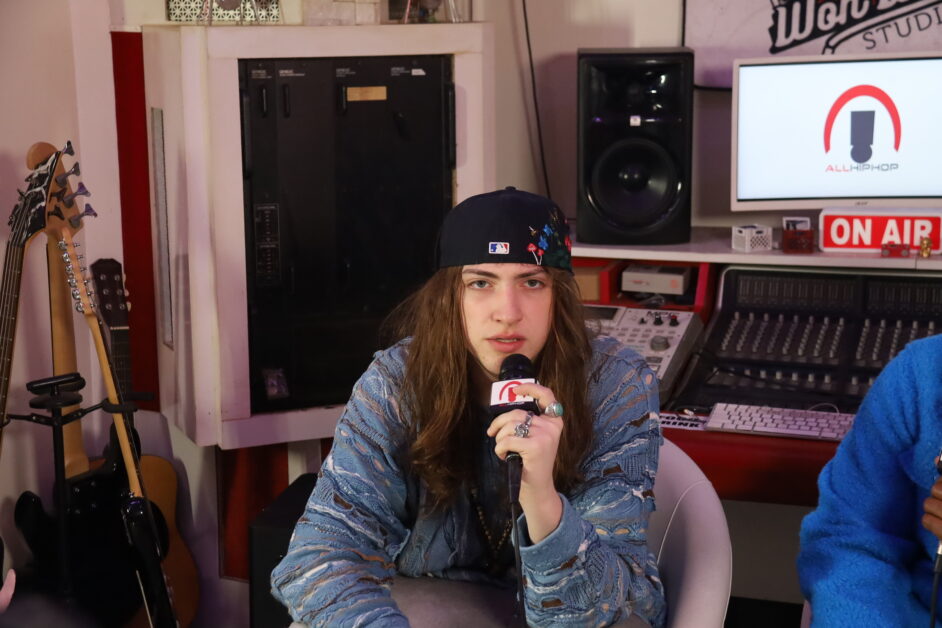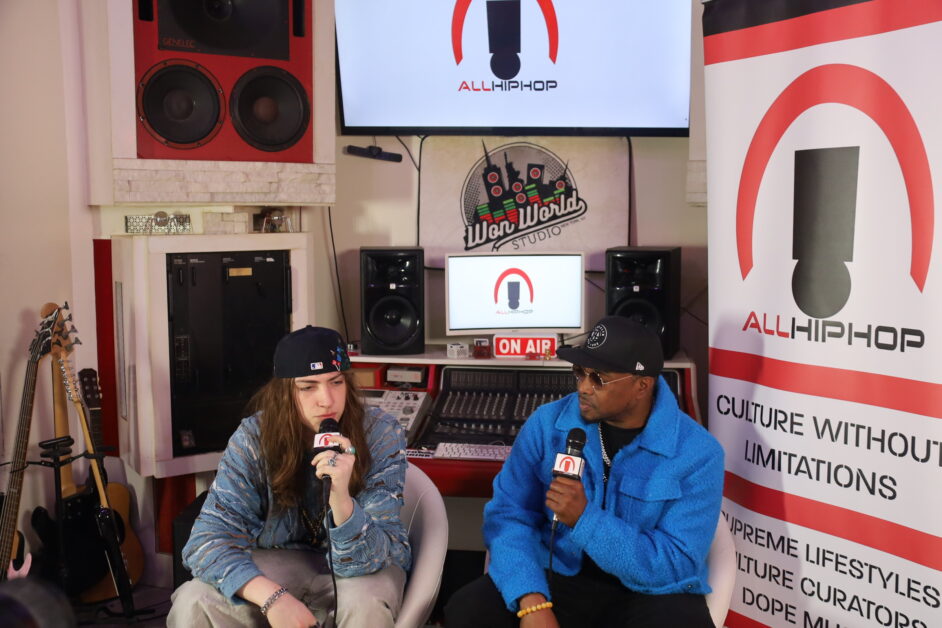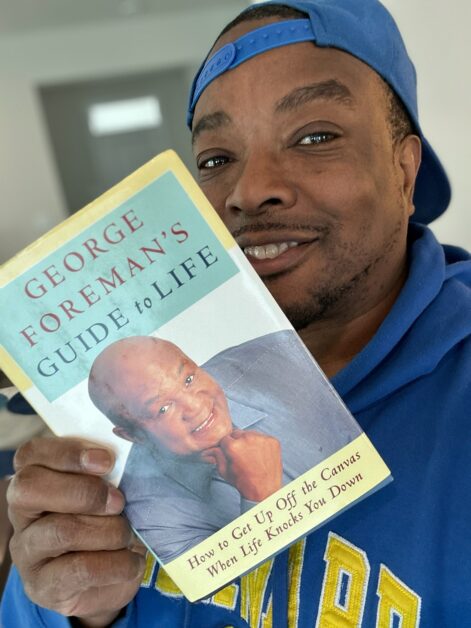Hearing loss is one of the most common sensory disorders, affecting people of all ages. Approximately 1 in 500 newborns are born with detectable hearing loss, while nearly 1 in 3 adults over the age of 65 experience hearing loss. But what causes hearing loss, and can it be inherited? Keep reading to learn more about the genetics behind hearing loss.
How Hearing Works
To understand hearing loss, it’s important to first understand how hearing works.
When sound waves enter the ear canal, they make the eardrum vibrate. The vibrations from the eardrum are passed along to the inner ear, causing fluid inside the cochlea to move. The cochlea contains thousands of tiny hair cells that sense these fluid movements and convert them into electrical signals that travel via the auditory nerve to the brain.
The brain then interprets these signals as different sounds. For normal hearing, every part of this process must work correctly. Problems at any point along the way can result in hearing loss.
Types of Hearing Loss
The three main types of hearing loss include:
- Conductive hearing loss occurs when there is a problem transmitting sound waves anywhere along the route through the outer and middle ear. This could involve damaged or malformed outer or middle ear structures.
- Sensorineural hearing loss arises from abnormalities of the inner ear, including the cochlea or auditory nerve. This is the most common form of permanent hearing loss.
- Mixed hearing loss refers to a combination of conductive and sensorineural loss.
Each of these types of hearing loss can have different genetic and environmental underpinnings.
Genetics of Hearing Loss
Hearing loss can be caused by genetic factors, environmental factors, or a combination of both. However, genetics play a significant role. Researchers estimate that up to 60% of hearing loss has a genetic basis.
Hearing loss can be passed down through families. It may be present at birth or develop later in life. The inheritance patterns include:
- Autosomal dominant – caused by a defect in a single gene from one parent. There is a 50% chance of passing on the abnormal gene to offspring.
- Autosomal recessive – requires defective genes from both parents. 25% chance of inheriting the disorder if both parents are carriers. More common in childhood hearing loss.
- X-linked – caused by mutations in genes on the X chromosome that primarily affects males.
- Mitochondrial – caused by mutations in mitochondrial DNA passed down from the mother.
There are over 150 genetic syndromes associated with hearing loss. Changes in a single gene or multiple genes can impact hearing. Some of the most common forms of inherited hearing loss include:
- Usher syndrome – Most common cause of deaf-blindness, involves sensorineural hearing loss.
- Pendred syndrome – Associated with inner ear malformations and thyroid dysfunction.
- Waardenburg syndrome – Distinctive facial features and pigmentation changes.
- Alport syndrome – Progressive sensorineural hearing loss associated with kidney disease.
In many cases, the specific genetic cause remains unknown. Research continues to uncover new gene mutations involved in hearing loss. Advances in genetic sequencing technology now allow for more comprehensive testing for hereditary contributions.
Environmental Causes
Not all hearing loss is inherited. Various environmental exposures can also lead to hearing damage, including:
- Noise exposure – Loud noises from heavy machinery, concerts, earbuds, etc., can damage the hair cells in the cochlea.
- Infections – Such as meningitis, measles, and some STIs.
- Medications – Certain antibiotics, cancer drugs, and diuretics are ototoxic.
- Trauma – Both head injuries and trauma to the ear canal/eardrum.
- Aging – Loss of hair cells over time leads to age-related hearing loss.
Often, a combination of genetic susceptibility and environmental exposures contributes to an individual’s hearing loss.
Diagnosing Hereditary Hearing Loss
Since genetics play such a key role, it’s important to consider hereditary causes when evaluating a child or adult with hearing loss. A thorough medical history looking at extended family members can help identify potential inherited forms.
Genetic testing is available to diagnose certain types of hereditary hearing loss. A sample of blood or saliva can be tested in a lab to look for known hearing loss mutations. Identifying the underlying genetic cause helps predict the course of hearing loss and guides treatment.
For childhood hearing loss, newborn screening programs using otoacoustic emissions and auditory brainstem response testing can detect problems very early. Early intervention is crucial for the best outcomes. For infants identified with hearing loss through newborn screening, treatment should begin before 6 months of age.
Treatment Options for Hereditary Hearing Loss
While some genetic mutations lead to profound hearing loss present from birth, other hereditary forms manifest later and may be progressive. Treatment options include:
- Hearing aids: Can amplify sounds for mild-to-moderate sensorineural hearing loss. Latest digital hearing aids such as those from leading brands like Phonak provide a personalized listening experience. You can view their range here: www.phonak.com/en-us
- Cochlear implants: For severe-to-profound sensorineural hearing loss. A surgically implanted device bypasses the damaged cochlea to directly stimulate the auditory nerve.
- Assistive devices: Alerting devices, closed captioning, learning sign language. Helpful supplements, especially for those with progressive loss.
- Gene therapy: Research into ways to replace defective genes or insert normal genes to rescue hearing is ongoing. Not yet clinically available.
With the right interventions and support, those with inherited hearing loss can thrive. Understanding the genetic underpinnings is key to determining prognosis and management.
Coping with Hereditary Hearing Loss
Receiving a diagnosis of hereditary hearing loss can be difficult to accept. Some helpful tips include:
- Learn as much as you can about your specific form of hearing loss. Understanding the condition helps you manage it.
- Connect with others affected by similar genetic hearing loss through support groups. You are not alone.
- Partner with healthcare providers knowledgeable about current treatment options and assistive technologies for hearing loss.
- Advocate for accommodations at school or work, such as assistive listening devices.
- Address social and emotional challenges. Counseling helps both individuals with hearing loss and their families.
While hereditary hearing loss presents challenges, the latest innovations in hearing technology, combined with strong family support, allow those affected to thrive.
